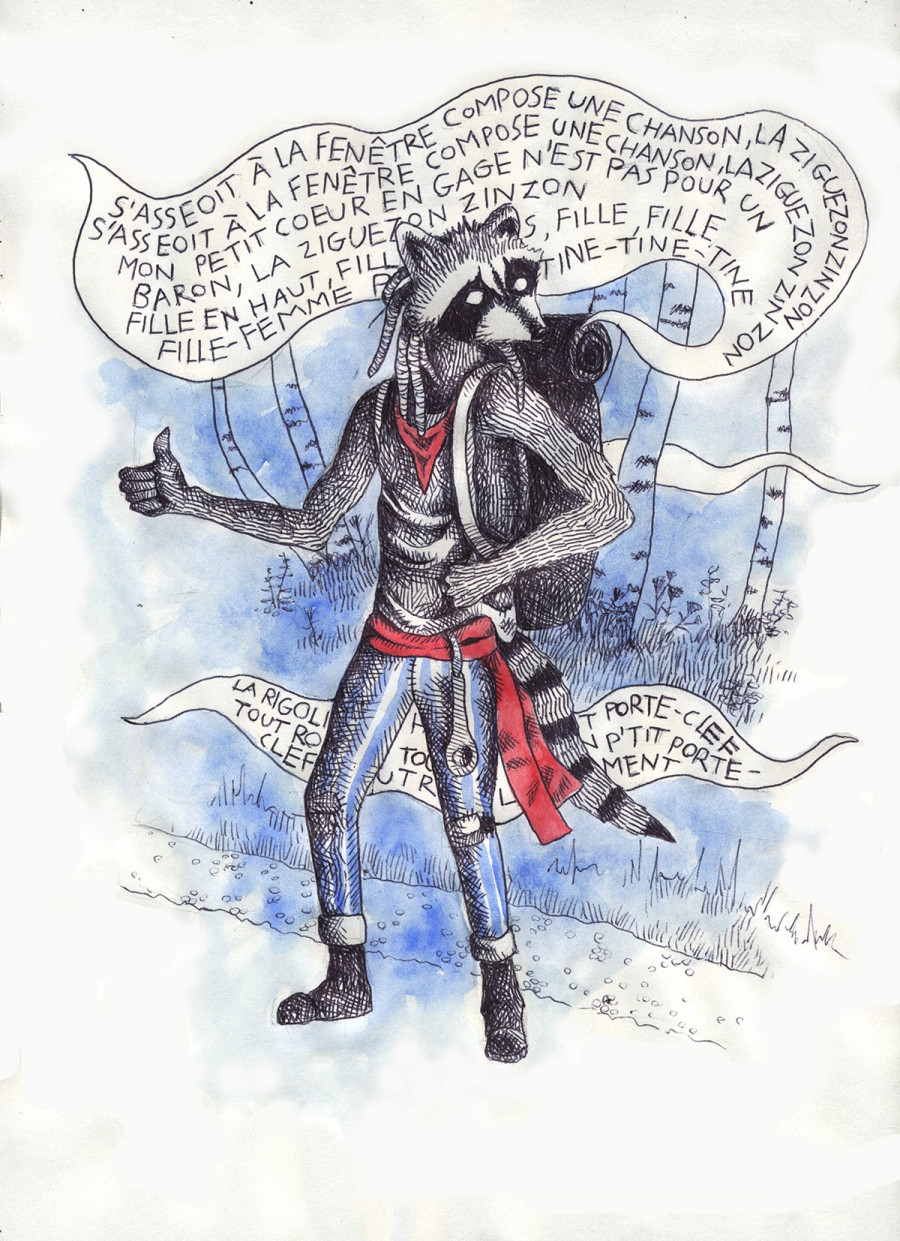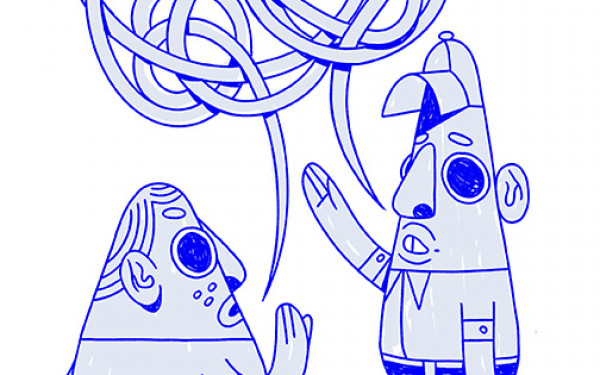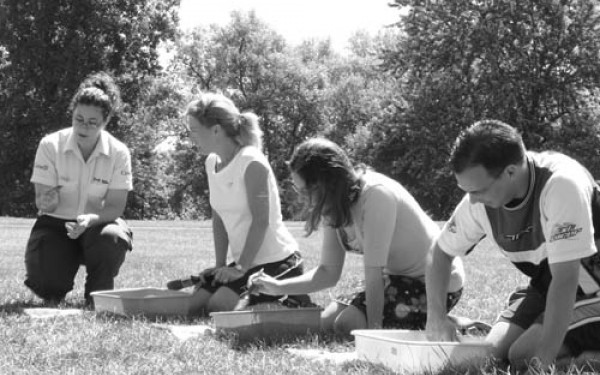Rethinking the Quebec Language Debate
Is English on Roadsides the Only Answer to the Question of Road Safety
How to lose your French. Step one: stop speaking it regularly. Step two: stop reading it regularly. Step three: don’t surround yourself with it.
Step three is what did it for me—it hammered the nail in the coffin. Try all you want to listen to French radio, to read French newspapers and books, to have conversations with as many people as you can in French. The fact of the matter is when you walk around and everything you hear, everything you see, everything you live is in another language, you’re not going to be solicited to think in French on a daily basis.
Those visual cues that we don’t think about, that we passively take in as we look at signage, at billboards, at storefronts, at posters—those visual cues are a gateway to being able look around and think “une auto” instead of “a car.” They’re a gateway to reflexively thinking in French when you’re writing or speaking it. So when we talk about changing road signs in Quebec to include English and we say, “this isn’t a language debate, it’s simply a safety issue,” there’s a lack of understanding as to what might be considered a language debate in the province.
I understand the motivations regarding road safety behind D’Arcy McGee Member of National Assembly representative David Birnbaum’s petition, but if there are other ways to maintain road safety for Anglophone drivers, isn’t it our duty to look into them before making decisions concerning the French landscape in the province?
I won’t profess to be French anymore, but I won’t profess to be English either. I’m bilingual in every sense of the word. It took a long time to get back to a place where I could confidently say that.
My first language is French. I was born in Montreal and I grew up in Ottawa. I attended French schools throughout primary and secondary. In grade seven, in Ottawa, my teacher told us to look around at the people sitting next to us, because in five years half of us will no longer be able to speak French. He wasn’t wrong. It takes a lot of conscious effort when living outside of a French environment to keep it up.
The use of French outside of Quebec is minimal even though, according to the Official Language Act of 1969 and Section 16 of the Charter of Rights and Freedom, French is considered a language with equal standing within the federal government and that most provinces have their own clauses regarding the use of the language on a provincial level. The numbers drop drastically when we look outside the Quebec, Ontario and New Brunswick regions. In fact, over three-quarters of those who speak French at home outside of Quebec live in Ontario or New Brunswick.
The tendencies in Canada also show that the number of people whose mother-tongue is French and who speak it regularly has declined, and the number of people who’ve learned French as a second or third language and who are able to have a conversation in the language has risen in the last 30 years. Even still, the overall trend is a steady decline in the use of the language. That’s not a surprise when you look at how, outside of Quebec, we are very rarely solicited to think or to speak in French.
In Ottawa, I went from using the language 100 per cent of the time to 50 per cent of the time in the span of three years. And when I turned 20, no French at all. It’s the way things go. You don’t need it in Ottawa, or Toronto, or Banff, or Regina. In fact, in Saskatchewan my French became somewhat of a novelty for those around me. It stung. There’s no sense of pride in having to tell people that you lost your French. When I came back to Montreal I was ashamed at how hard it became to have a conversation without having to revert to English. For so long my daily visual and audio references were non-existent, and my vocabulary
suffered accordingly.
This is why I think that it is important to acknowledge the language debate when we talk about changing the visual landscape of this province. Immersion and solicitation are important aspects of maintaining a language in a culture. That being said, does it greatly affect our capacity to be solicited and immersed if we add an English component to street signs where road safety is concerned? Probably not. But in keeping with the ideas behind Bill 101 that states French is the official language of the province, it is our legal duty to look at every option available that does not impede on our capacity to be solicited in that language on a regular basis.
The linguistic landscape of the province forces us to look up and to think about where we’re going or what we’re doing in French, if only for a second, until we spot the smaller print translations often found underneath. Picture diagrams not translated force our brains to look at the word “interdit” and associate the word with a giant red circle and a bar running through it. It helps create this association and undoes this reflex for translating that we might not be privy to if we were not immersed in the language in the first place.
Considering that French is the sixth most widely spoken language in the world and that the global French speaking population is estimated to go from 220 million to 700 million in the next 35 years, I think it might be important, whenever possible, to try and see if there aren’t other ways of dealing with safety issues that might be more propitious to keeping in line with the spirit of protecting a valuable resource that is a minority language with equal standing in the country.







